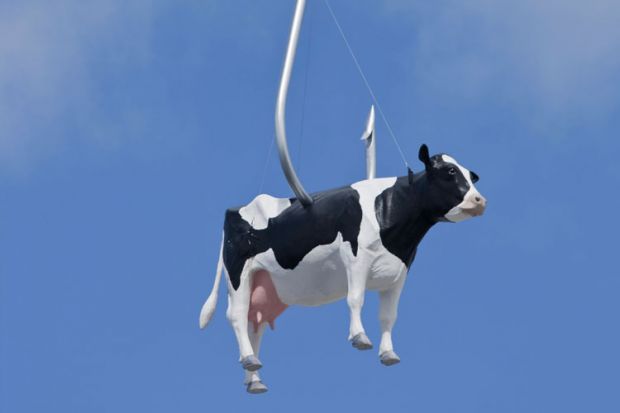The 2010-14 European commissioners have been moving out recently, with the 2014-19 vintage coming in under new president Jean-Claude Juncker. Incoming commissioners are given responsibility for policies they haven’t negotiated and a budget on which they have had no input, running up to 2020. But the changing of the guard has implications for research and higher education.
The best commissioners make their mark by assembling commission-wide and ministerial support in cross-sectoral conflicts, or by implementing “their” policy. The outgoing research commissioner, Máire Geoghegan-Quinn, has been praised for her drive. Education’s run has been modest. But even an education commissioner can make the history books. Take the bon mot of Manuel Marin during the negotiations for the Erasmus proposal in 1986: was it acceptable for Europe to spend four times as much on a single cow as on a student? In terms of law, the commissioner for social affairs, education and employment at the time didn’t have a leg to stand on, but it helped to get the Erasmus Decision on the books.
Today’s commissioners are more constrained than in the past. The tighter integration of economic policy coordination since the eurozone crisis requires the Commission to make countryspecific recommendations (ie, not binding) on policies including education and research. In part it is Mr Juncker’s choice to avoid dealing with all commissioners. They must work primarily through six vice-presidents who coordinate policy areas, including the euro and social dialogue; jobs, growth, investment and competitiveness; and the digital single market. But the commissioners have political resources if they want to use them: the officials, the budgets and relations with stakeholders.
Who are the education-related commissioners who might make a difference? Carlos Moedas – the former banker, trained engineer and right-hand man to the Portuguese prime minister – is the commissioner for research, science and innovation. He has the Innovation Union programmes to manage (Horizon 2020, etc) and coordination of the Commission’s research activities. He is asked to focus on applied research with a view to reinforcing industrial leadership.
Belgian Marianne Thyssen, commissioner for employment, social affairs, skills and labour mobility, is bound to impinge on education. Mr Juncker’s absolute priority is to reabsorb what he calls the EU’s 29th state: the unemployed, particularly the young unemployed. Ms Thyssen’s skills brief now includes vocational training and lifelong learning. These are taken from education and culture, but officials there seem unworried, claiming that intersectoral cooperation works.
Tibor Navracsics, the commissioner for education, culture, youth and sport, is another nominee of special interest. Preceded by a sulphurous reputation as part of Hungary’s increasingly authoritarian government, his good speech was not good enough for MEPs at his European Parliament confirmation hearing. So Mr Juncker removed the intended citizenship portfolio. What remains includes the promotion of publicly popular EU activity in education and culture, notably the Erasmus+ programme. It is not a role to be despised. A valuable higher education-related task in a Eurosceptic climate is to show not only what Brussels does for universities, but also what universities do for society as a whole.
Register to continue
Why register?
- Registration is free and only takes a moment
- Once registered, you can read 3 articles a month
- Sign up for our newsletter
Subscribe
Or subscribe for unlimited access to:
- Unlimited access to news, views, insights & reviews
- Digital editions
- Digital access to THE’s university and college rankings analysis
Already registered or a current subscriber? Login

